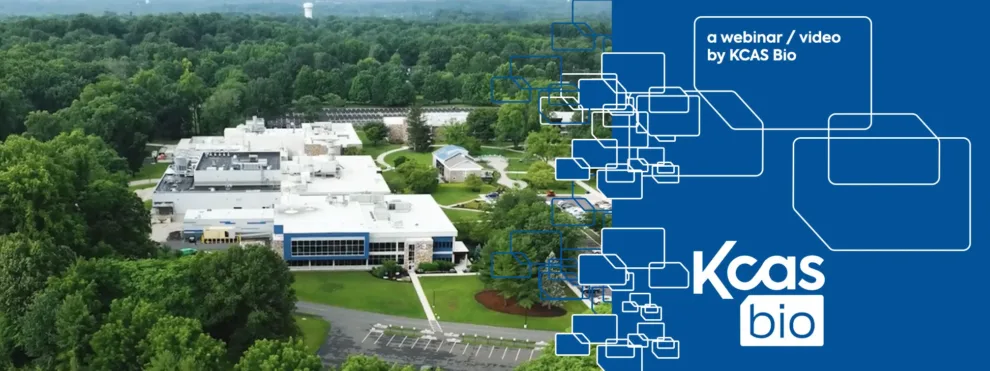KCAS has recently moved from a space that was extremely tight – even for the operations we had at the time – to an enormous new modern lab building that is purpose-built for the type of work that allows all of our workflows to be more efficient, more scalable, and gets us even more answers. At the same time, we are continuing to expand our investigators’ ability to look into the human immune system and how that immune system reacts both to disease indications and new drugs during drug development. We’re doing this across the gamut from preclinical studies all the way through clinical trials.
We are working with different cell lines, animal models and general studies to decide how all the cutting edge therapies and even the more traditional therapies are impacting the immune system and the diversity of those immune responses.
The problems we solve involve general assay design and looking at how best to answer a question. Clients typically will come to us saying that they have a therapy, and it is going to address these targets, this disease, to treat certain patients. They want to know how we can best understand what’s happening and how the immune system will respond. We need to know what cells are binding the therapy, and things of that nature, by providing our expertise.
One of the coolest things that we’re doing is validating new instruments and new software. We typically start off with the Cytek systems, then we add in FCS Express; we’re applying both of those tools (which is really all they are at the end of the day – just tools to address a question) and we’re applying them to address questions about how functional cells are at different time points after treatment. We have found a way to combine two different assays using these advanced tools to get more complete answers faster, and in ways that actually allow themselves to be applied to clinical trials.
Previously with these types of functional assays, we were limited to timelines as short as two to six hours from the time that the blood was drawn. These sort of constraints really limit where the clinical site could be – it had to be driving distance, and they had to have all sort of very specialized setups to be able to get the sample to US test.
With the work that we’ve done on these assays and with these specialized tools, we’ve been able to extend that out to 24 hours. It became a much more robust geographically global company. So with our facilities now in Leone, we have the staff, the space, the equipment to significantly expand our European operations to ensure that every single sample – no matter if it’s drawn in the EU or drawn in the US – is treated the same and gives the same answer no matter who’s asking the question.
With the tools that we have from an industry standpoint, definitely immunology has been a steadily increasing part of clinical trials. The regulatory agencies recognize how important it is and have seen the impact that immune responses can have, so they’re demanding this of more and more trials and having this mechanism of action really elucidated completely is essential. And that’s what we do here.
Reach out to KCAS Bio today to learn more about how we can leverage conventional flow cytometry to support your research needs.

